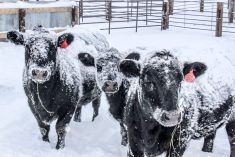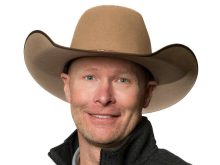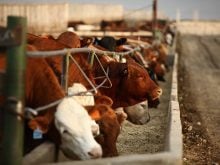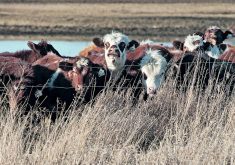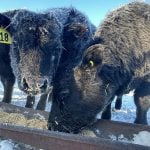The packer behind the pilot of a Canadian value chain for certified sustainable beef says its first three months are proof the model is scalable as well as functional.
The pilot’s first quarter “proved that a significant volume of beef can be successfully traced through a certified supply chain for the participating customers,” Gurneesh Bhandal, Cargill’s beef sustainability manager in Toronto, said in a company release Thursday.
“By adding more producers to the pilot, we can supply more customers with Canadian beef from sustainable sources.”
Read Also
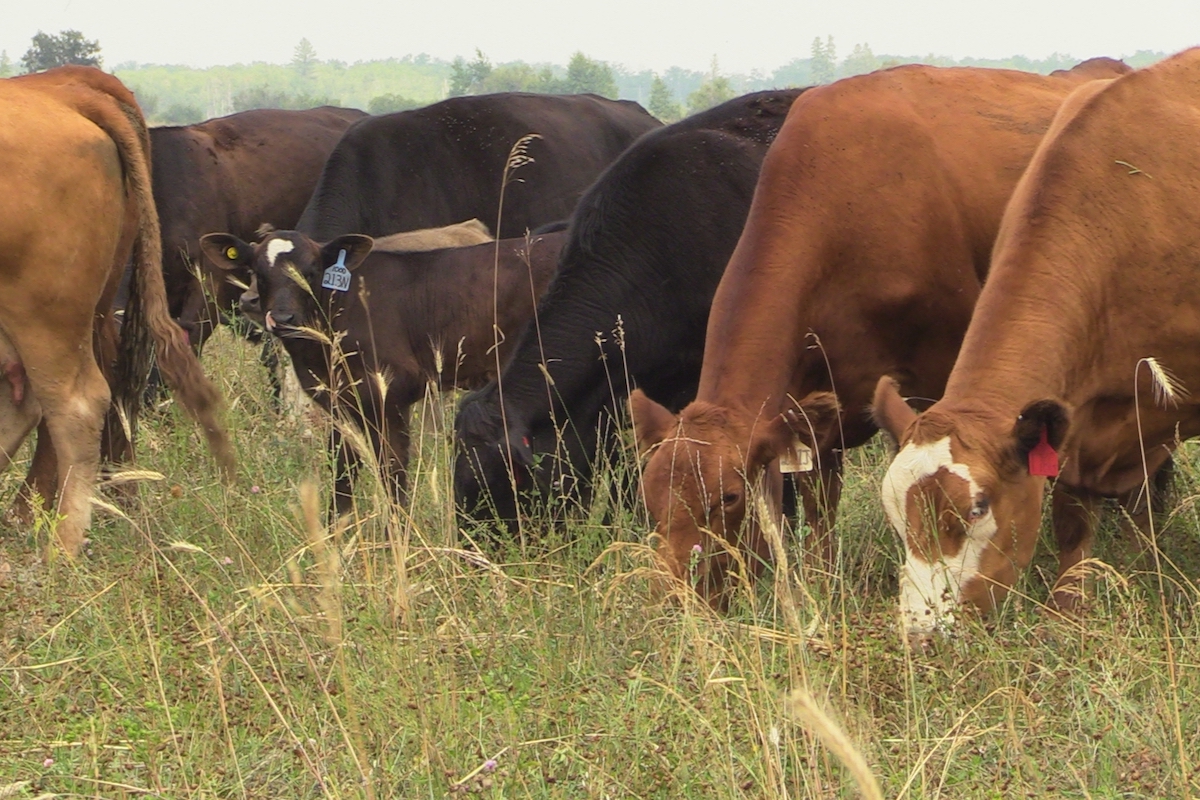
Beef industry weighs in on AAFC research cuts
The Canadian Cattle Association and Beef Cattle Research Council said cuts to federal research centres and programs will have long-term debilitating consequences for the beef industry.
The project, dubbed the Canadian Beef Sustainability Acceleration (CBSA) pilot, was set up to test and validate the audit and traceability systems needed to meet the requirements of the Certified Sustainable Beef Framework laid out by the Canadian Roundtable for Sustainable Beef (CRSB).
The pilot project, which so far has taken in cattle from over 70 eligible producers, was able to “successfully” certify over 550,000 pounds of beef as per CRSB’s standards and supply chain guidelines, Cargill said.
For their first-quarter contributions, participating cattle ranchers received credit payments of $10 per head for “qualifying cattle that could be tracked through audited sustainable operations from farm to fork.”
The payments were funded by participating beef customers paying for meat delivered through an audited sustainable supply chain, Cargill said. Credit payments per head are expected to vary per quarter based on the total number of qualifying animals, participants’ beef demand and cattle weights.
BIXS, in its role as the clearing house for the pilot program, is expected to distribute the first round of credit payments to cattle producers by Monday (March 19), Cargill said.
To meet consumer demand and project goals, additional ranchers are needed to take part in the voluntary pilot program for the rest of the calendar year, the company said.
“We appreciate the enthusiasm we’ve seen and momentum that’s been generated in the first few months of the pilot,” Bhandal said, “and we are encouraged by the continued interest shown from additional cow-calf producers, feedlot operators and processing plants.”
In its first quarter, the pilot tested and developed methodologies for tracking eligible cattle through audited supply chains, and for tracking supply chain sustainability certifications from the beef carcass to finished products, Cargill said.
Cattle’s movements are tracked by way of BIXS’s RFID tagging system, from when they’re tagged on-farm through to slaughter and processing at Cargill’s beef plant at High River, Alta.
Customers receiving the Cargill pilot’s certified sustainable beef so far include Loblaw, McDonald’s and Cara-owned restaurant chains Swiss Chalet and Original Joe’s.
The Beef Cattle Research Council’s Verified Beef Production Plus (VBP+) program has so far been used to audit participating producers for sustainability during the pilot.
Starting this month, producers deciding whether to take part in the pilot get the option of a second auditing body, the Canadian arm of Colorado-based Where Food Comes From (WFCF).
WFCF, previously the third-party verification partner for the McDonald’s Verified Sustainable Beef pilot project (2014-16) in Canada, counts Cargill as a “long-time customer” for its services in the U.S. The company already verifies over 5,000 beef producers in North America.
“We gained deep expertise as the sole verification partner for the (McDonald’s pilot) and look forward to applying this knowledge as a certifier for the CBSA pilot,” WFCF president Leann Saunders said Thursday in a separate release. — AGCanada.com Network



